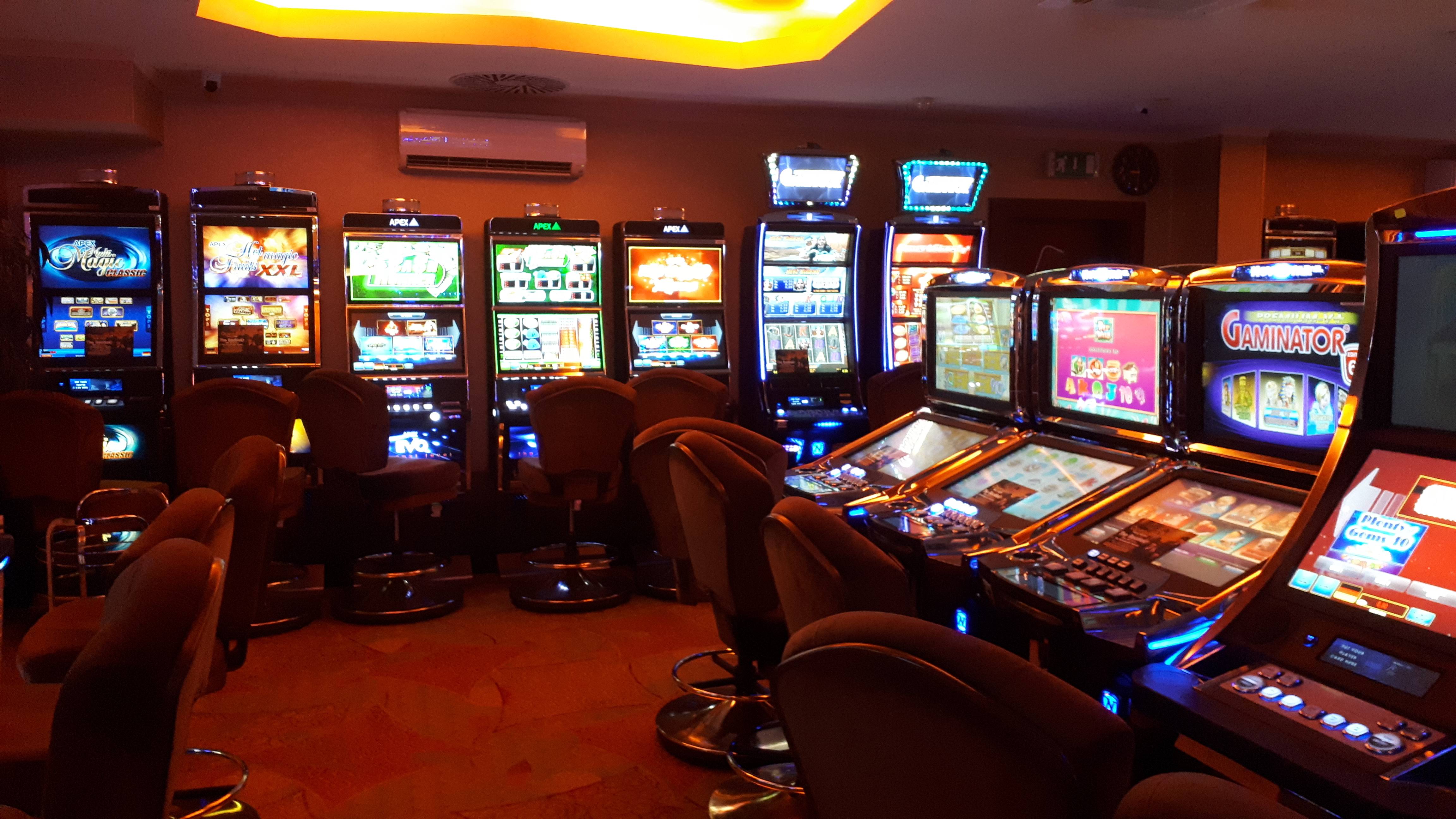
This world of gambling gaming has undergone a remarkable evolution in recent times, propelled by tech progress and shifting consumer tastes. As an increasing number of players shift to digital platforms for entertainment, traditional gambling activities are being increasingly modified to satisfy the needs of a technology-oriented audience. This shift not just involves the transition from physical to virtual spaces but also covers the evolution of gaming systems and user interaction strategies.
In this new digital age, game creators are leveraging innovative technologies to create engaging experiences that appeal with a diverse spectrum of gamers. From web-based fruit machines with breathtaking visuals to dynamic table activities that replicate the atmosphere of a real-life gambling hall, the adaptation process is changing how we perceive and enjoy casino activities. As we explore this captivating journey, it is clear that the prospect of gambling lies in the seamless fusion of advanced technology with the everlasting appeal of luck and strategy.
A Development of Casino Games
Casino entertainment have experienced significant changes throughout history, showing changes in technology, society, and player preferences. In ancient eras, basic activities of luck were enjoyed using simple items such as rocks and animal remains. As civilizations evolved, so did the complexity of these games. The emergence of playing cards in the Middle Ages marked a crucial moment, leading to the creation of well-known titles like Texas Hold’em and 21, which are continuously played today. Over the years, the design of gambling establishments has also evolved, transitioning from tiny local locations to large, elaborate establishments.
The 20th century brought about a revolution in the world of gambling games with the advent of digital gaming. Slot machines appeared as a favored draw, fascinating gamblers with their vibrant lights and audio effects. This era also saw the growth of gambling hotels, which combined high-end accommodations with a diverse array of gaming options. The introduction of video gaming further expanded the landscape, allowing for more intricate designs and gameplay mechanics. These innovations not only pulled in a wider audience but also altered the way casino games were experienced.
With the rise of the web in the late 90s and beginning 2000s, casino entertainment entered a new digital phase. Virtual casinos appeared, providing participants with the ease of playing from their own spaces. This transition required game developers to reconsider traditional mechanics and modify them for an interactive digital environment. Today, advancements in tech, including mobile gaming and virtual reality, continue to shape the evolution of gambling entertainment, creating immersive experiences that engage players like never before.
Main Highlights of Virtual Casino Experiences
Virtual gambling experiences have changed the way players engage with gaming by providing captivating experiences that replicate the excitement of physical casinos. One of the most important features is the incorporation of high-quality graphics and animations, which create a aesthetically appealing environment. Designers focus on providing realistic themes and enthralling storylines that draw players into the game, improving their overall experience. The capability to provide 3D visuals and impressive sound effects means that players can savor a vibrant atmosphere comparable to what they would experience on a casino floor.
Another important aspect of digital casino games is the accessibility they offer to gamers worldwide. Online platforms enable individuals to play their favorite games from the comfort of their own homes or on the go through mobile devices. This convenience is accompanied by a broad range of gaming choices, including video slots, tabletop games, and live dealer experiences. Players no longer need to drive to a physical location to enjoy their beloved betting experiences, allowing a wider audience to engage with gambling experiences.
Lastly, online casino games frequently include cutting-edge features such as engaging gameplay and community features. Many games now allow players to compete against one another, join tournaments, or even post their accomplishments on social media. This transformation encourages a sense of belonging among players while fostering positive competition. Additionally, features like customizable avatars and in-game chat options improve player interaction, making the digital gaming experience even more engaging for all users.
The Outlook of Online Gaming
When technology advances, the landscape of online gaming is preparing for significant change. Immersive and enhanced reality are disrupting the industry, offering players an immersive experience that mirrors the atmosphere of being in a real-life casino. These advancements create opportunities for creators to introduce unique game formats and dynamic elements, reshaping how players connect with their preferred casino games.
Additionally, the integration of smart technology is improving user experiences and customizing gameplay. link alternatif roda4d AI can analyze player behavior, recommend tailored game options, and improve customer support through automated assistants. This personalization not only maintains players occupied but also assists build a committed community around particular casino platforms, placing them for success in a competitive market.
Ultimately, the rise of mobile gaming is another vital factor shaping the future of online gaming. With an ever-increasing number of players enjoying casino games on their mobile devices, developers are gearing up for optimizing their platforms for mobile access. This change allows players to enjoy casino games anytime, paving the way for a more flexible and approachable gaming environment that appeals to a wider audience.
